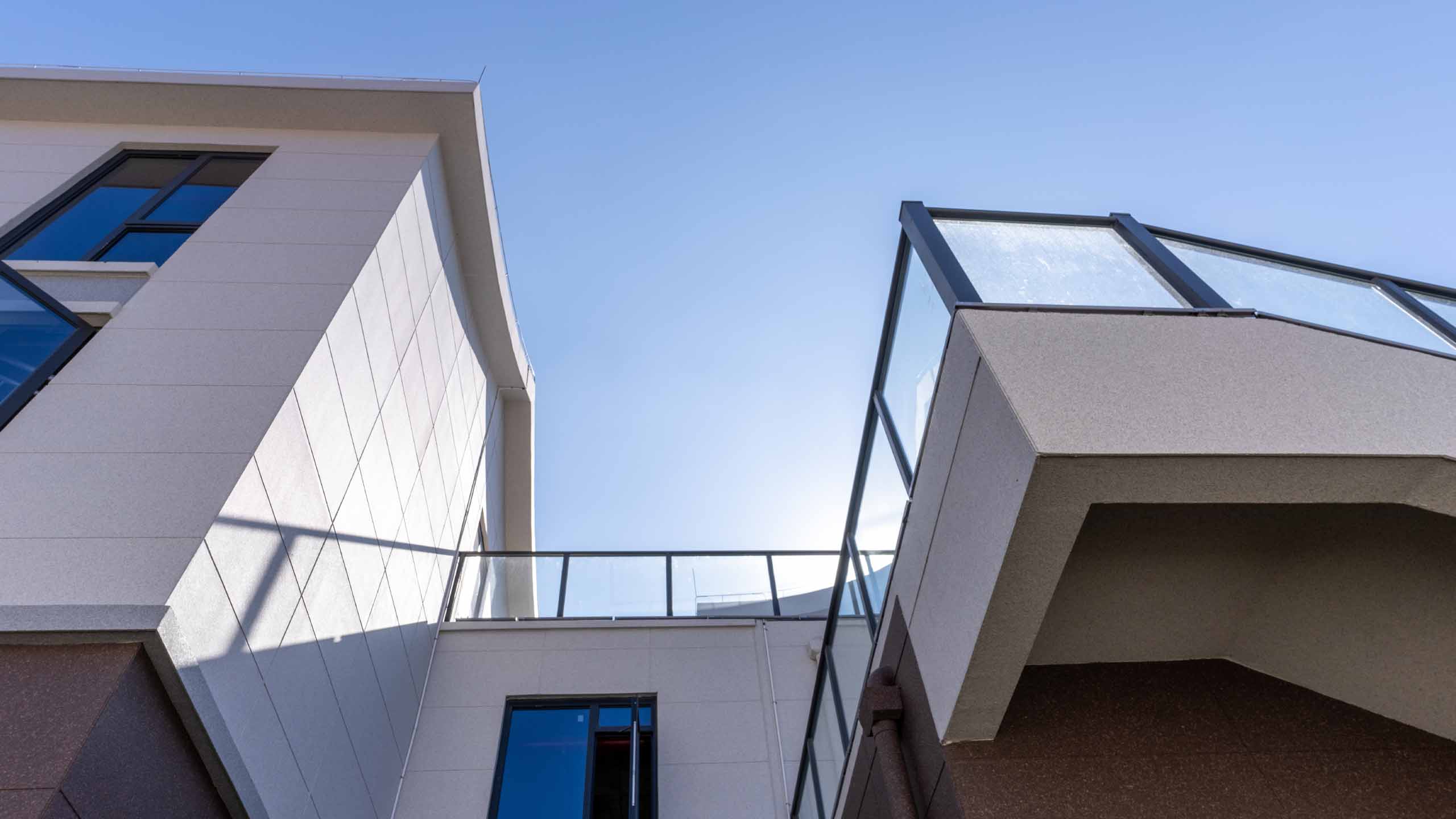A Two-Spirit advocacy organization based in Halifax has secured funding to build and run a transitional housing project for Two-Spirit individuals in the region, making it the first of its kind in Canada.
The Wabanaki Two-Spirit Alliance, which represents Two-Spirit community members across the Wabanaki region, secured the funding last week in an effort to begin to create better housing support systems for Two-Spirit individuals in Halifax.
John R. Sylliboy—who is the founder of the Wabanaki Two-Spirit Alliance and uses the gender-neutral Mi’kmaw pronoun nek’m—says the project began in response to nek’m’s group noticing Two-Spirit people facing personal challenges during the pandemic. After surveying Two-Spirit community members, the group discovered many respondents found access to safe and gender-affirming housing to be a major concern.
“The survey was important in that it made Two-Spirit respondents feel like they were being heard for the first time, but it especially made clear the need for safe and affordable housing for the community,” Sylliboy tells Xtra.
Sylliboy cannot yet disclose the exact funding amount that’s been granted or the specific government body that’s granted it. However, nek’m says the funding will cover eight to 12 individual one-bedroom units, as well as two to three two-bedroom individual family units—though since the project is still in its early stages, these plans are subject to change.
The aim of the transitional housing project is for it to act as a conduit for Two-Spirit individuals living in precarity to eventually find stable housing—likely with specific focus on those who are already homeless or are recuperating from trauma. Though these details have not yet been confirmed, Sylliboy suggests residents will be offered three-to-six-month living arrangements—but says the team could offer shorter or longer stays depending on residents’ situations.
“We’ll work with people attentively on individual levels; everyone has their own journeys and we’ll be conscious of that. If someone needs to stay for a longer period of time, for example, we could offer them low-rental options while they get on their feet,” Sylliboy says.
Though the project is based in Halifax, Sylliboy hopes it will have a domino effect. There are currently no Two-Spirit-specific transitional housing projects or emergency shelters anywhere else in Canada.
Mounting research has shown Two-Spirit individuals across the country face discrimination in all areas of housing. Still, recent data on what Two-Spirit people face specifically is sparse—they are often lumped in with other members of the LGBTQ2S+ community in surveys measuring housing-discrimination rates.
For example, one study noted 26 percent of gender-diverse people have lost housing due to discrimination and harassment, while 43 percent reported experiencing discrimination from landlords and property managers on the basis of gender. This study also suggested this inadequate housing was caused by various factors, such as the healthcare, education and criminal justice systems.
While Indigenous people usually make up 20–50 percent of the homeless population in major urban centres, one 2011 survey noted that Two-Spirit people who attempted to use homeless shelters often faced discrimination from other residents in the shelters, forcing them to leave. Additionally, this survey showed that inadequate access to housing in general led to Two-Spirit people developing suicidal feelings.
Likewise, Sylliboy says inadequate housing often correlates with other issues—such as economic precarity or inadequate access to healthcare. The transitional housing project will therefore indirectly mitigate these issues as well, n’kem hopes. Two-Spirit youth who need gender-affirming care—who would only find that care in certain areas in urban centres—will have their medical needs met by living in the transitional housing project and therefore being closer to services.
“The project will also help those who are maybe just seeking employment opportunities, education, and seeking how to transition from reserve or rural areas into urban areas,” Sylliboy says.
Beyond just providing housing, the space will also function as an administrative centre and headquarters for the group.
Though the building will be separated into units, Sylliboy stresses there will be an inherent element of cohabitation. “Whereas the western perspective of looking at people’s needs is very individual-based and suggests that each unit has to encompass an individual’s needs—we understand that the individual’s needs always correspond and are embedded with the collective needs,” nke’m says.
Sylliboy therefore hopes the transitional housing project will also offer cultural activities in the building common areas to affirm a sense of community in the space, without encroaching on the individual needs of tenants. This will also provide members with a connection to their culture—an element nek’m says is imperative.
At this stage, the project is still in the process of finding land to build on—Sylliboy has been working with different governmental and private partners to get that to happen. Nek’m says the project will be completed and ready to open by 2026.


 Why you can trust Xtra
Why you can trust Xtra


